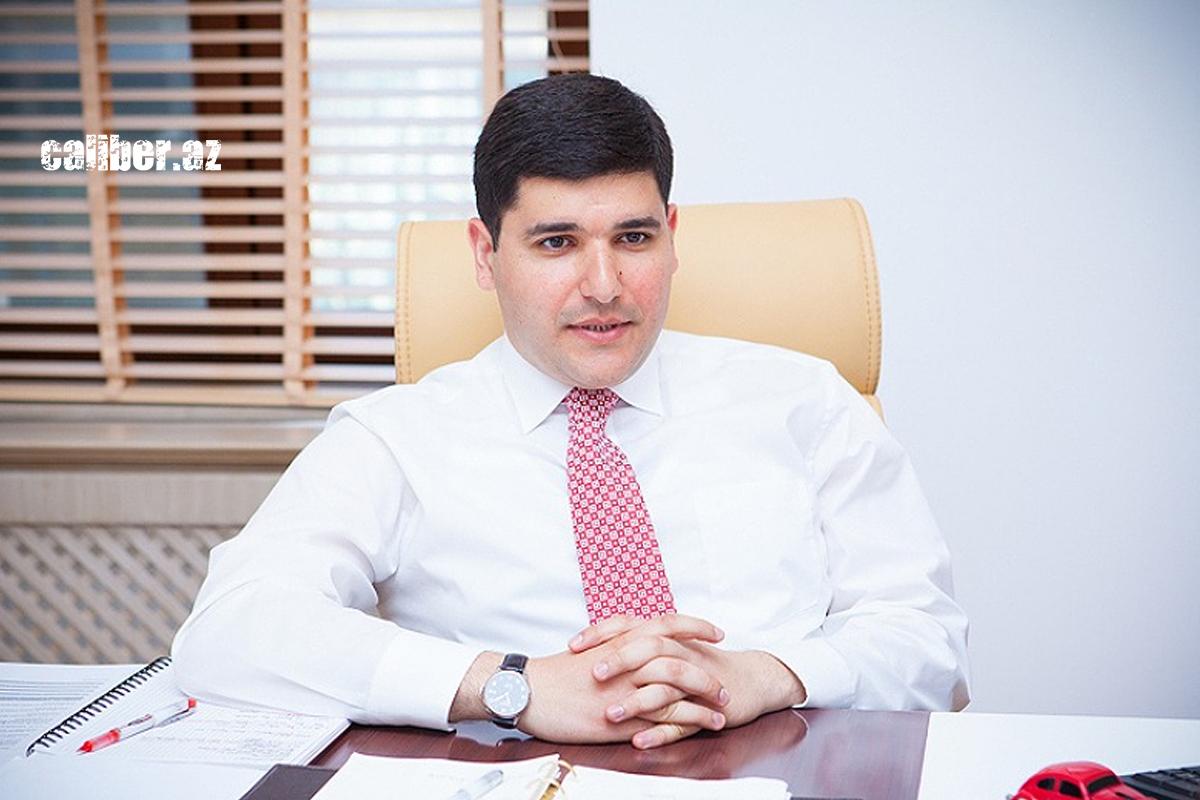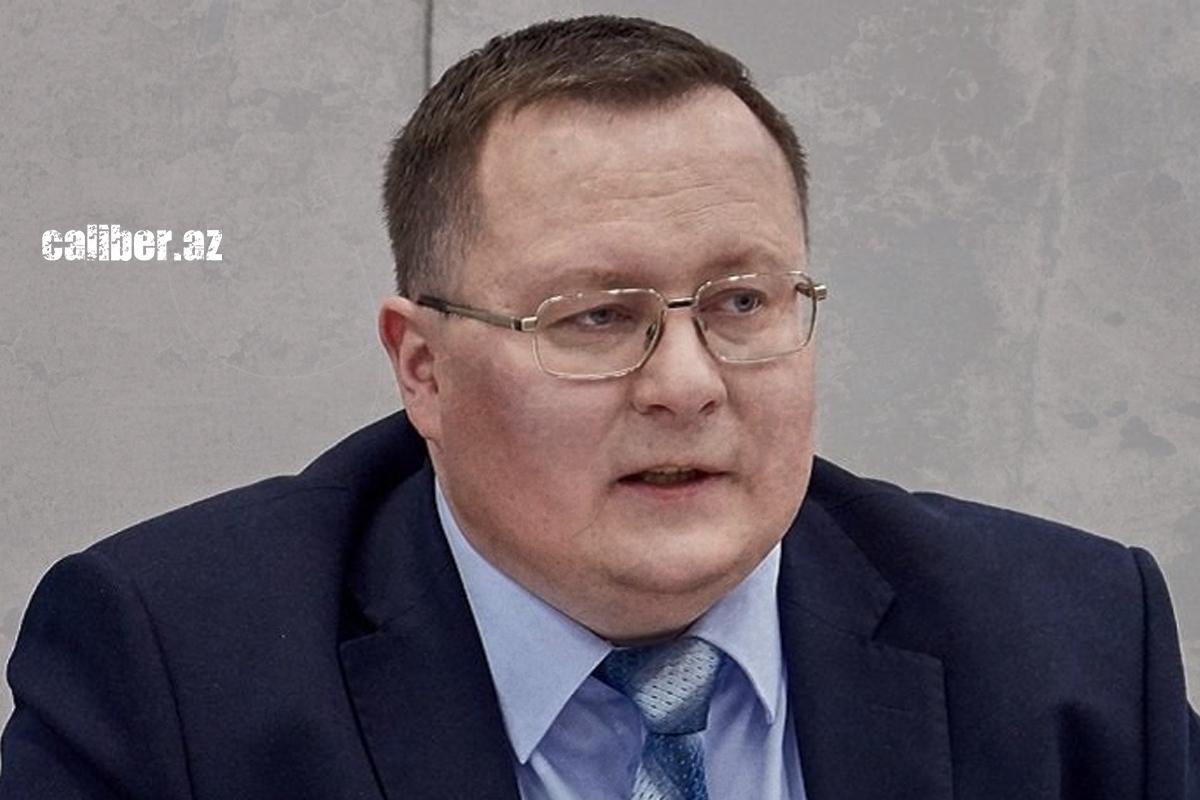Ankara-Yerevan: Nuances of normalization of relations Farhad Mammadov and Alexander Razuvayev for Caliber.Az
On July 11, Armenian Prime Minister Nikol Pashinyan had a telephone conversation with Turkish President Recep Tayyip Erdogan. Pashinyan congratulated the Turkish leader on Eid al-Adha. Erdogan, in turn, congratulated the Armenian Prime Minister on the Vardavar holiday. The Armenian government also reported that the two leaders stressed the importance of the bilateral process of regulation of relations, which will contribute to strengthening peace and stability in the region. The sides expressed hope that the agreements reached at the meeting of the special representatives of the two countries on July 1 will be implemented in the near future.
However, it is worth recalling that the process of normalization of Armenian-Turkish relations was launched long ago, but the situation is still almost at the starting line. Whether the phone conversation between the Armenian premier and the Turkish president means that things have moved on and how this will affect the Armenian-Azerbaijani peace process is still a big question.
The Azerbaijani political analyst Farhad Mammadov and the Russian economist and expert on Eurasia Alexander Razuvayev shared their opinion on the matter with Caliber.Az.

Mammadov believes that after several rounds of negotiations between Armenia and Turkey, the negotiators have an understanding of the path they can follow. In the expert's opinion, the process of normalization of Armenian-Turkish relations can take place in one of two formats: from more to less or from less to more.
"In the first case, more significant issues are solved, such as the establishment of diplomatic relations, the official opening of borders, etc. Then there are steps that are mostly technical in nature. Now we see that the process goes from less to more, primarily because of the reluctance of Armenians to recognize the root cause of the closure of the Armenian-Turkish border, that is, the occupation of Azerbaijani territories by Armenia. Therefore, no matter how much the Armenian side says that the process must go on without preconditions, Türkiye's main condition is the normalization of relations with Azerbaijan. In other words, this is the least with which the Armenian side must start.
If Armenia continues to advance the theses about the status of Karabakh, which is tantamount to territorial claims to Azerbaijan, and refuses to sign a peace treaty, then we will not have to speak about the full normalization of Armenian-Turkish relations. Undoubtedly, there are some solutions that will soon be implemented, but we must realize that any element of normalization of Armenian-Turkish relations is conditioned and must be conditioned by specific decisions on the Armenian-Azerbaijani settlement," the political analyst said.
The Azerbaijani analyst recalled that there are three tracks of mutual relations between Azerbaijan and Armenia: opening of communication, demarcation, delimitation of borders, and signing of a peace treaty.
"As of today, Yerevan and Baku have the most developments in the unblocking of communications. Through Turkish-Armenian negotiations, efforts are also being made to restore communication routes. That is, in this case, there is no question of opening the borders. Perhaps, the issues of partial opening of the borders, conditionally - in one point for the citizens of the third countries, air cargo transportation, etc., but no more. It is in the direction of unblocking communications that the collective work is going on.
As for the establishment of diplomatic relations between Türkiye and Armenia, it will be possible after signing a peace treaty between Yerevan and Baku. In any case, any step in the Armenian-Turkish normalization should be conditioned by the progress in the Armenian-Azerbaijani track," the expert believes.
Nevertheless, the Azerbaijani political analyst believes that there is some progress in Armenian-Turkish relations, but further, everything depends on the behavior, decisions, and statements of the Armenian leadership.
"Over the last 2-3 months," Mammadov says. "We have witnessed that the anti-Turkish and anti-Azerbaijani hysteria raised by the Armenian parliamentary opposition has not only not gained critical mass, but is even classified as a marginal phenomenon. Therefore, all the arguments of the Armenian side that the Armenian society allegedly does not perceive the rapprochement with Türkiye and Azerbaijan, that it needs more time, etc., are untenable and cannot be taken seriously. The Turkish and Azerbaijani sides put forward demands to Armenia to demonstrate political will and go for full-scale normalization, which consists in signing a peace treaty and renouncing territorial claims to each other."

In turn, Russian expert Alexander Razuvayev is sure that all three former Soviet republics of the South Caucasus - Azerbaijan, Armenia, and Georgia, as well as the countries of the region - Türkiye, Iran, and Russia, are interested in normal good-neighborly relations.
"Certainly, all of these countries are interested in active trade and, therefore, in unblocking all trade routes. This is also beneficial for Armenia, whose economy has been hit hard by the coronavirus pandemic. Because of the pandemic in Armenia, the sphere of international tourism has severely weakened. In addition, there is a recession in Russia's economy because of Western sanctions, and therefore the demand for migrant workers from Armenia has fallen, which also hits the Armenian economy. In this context, from an economic point of view, it would be logical for Armenia to normalize its relations with Türkiye and Azerbaijan. Everyone will benefit from this. I think that Pashinyan is well aware of the economic benefits for his country, and that's why he wants to build normal relations both with Ankara and Baku," the Russian expert said.
However, according to Razuvayev, there are forces that are against this rapprochement.
"First of all, it is the Armenian diaspora, where nationalist sentiments are strong enough. And of course, the West opposes the normalization of Armenian-Turkish and Armenian-Azerbaijani relations, which is interested in Karabakh remaining a hotspot in the South Caucasus. The West as a whole is interested in the peoples of Eurasia quarreling with each other. We can only hope that the Western countries will not achieve what they want and peace will prevail in the region, respectively, and the well-being of the citizens of Azerbaijan, Armenia, and Türkiye will grow," the Eurasia expert concluded.








